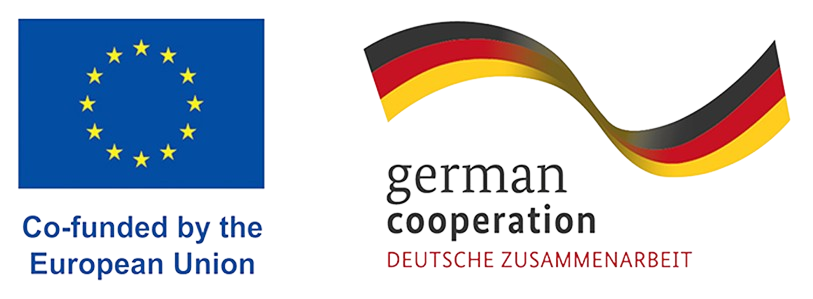This website is maintained and managed by KosovaPress News Agency. KosovaPress holds the reserved copyright rights according to the legal provisions on copyright and intellectual property. Use, modification and distribution for commercial purposes without agreement with KosovaPress is strictly prohibited.
This website application is developed with the support of #SustainMediaProgramme, co-financed by the European Union and the German Government, the part implemented by GIZ, DW Akademie and Internews. Its content is the sole responsibility of KosovaPress and does not necessarily reflect the views of the EU or the German Government.




All rights reserved by APL KosovaPress © 2002-2024